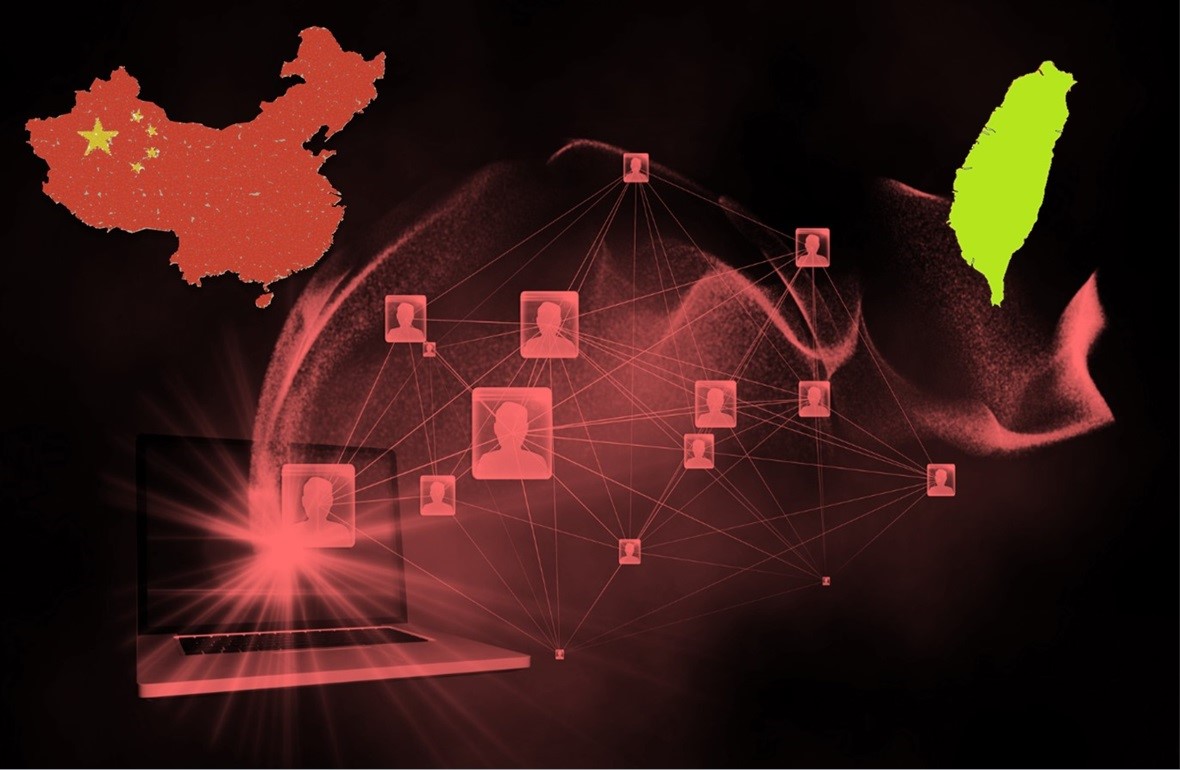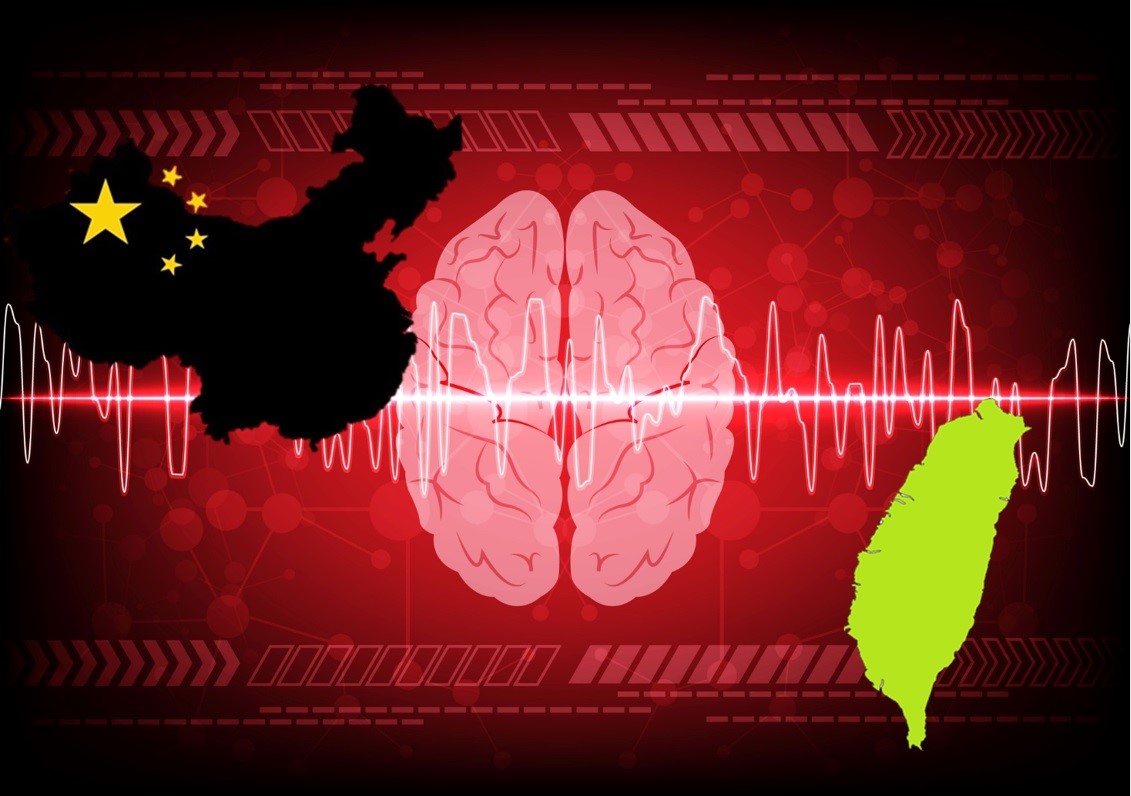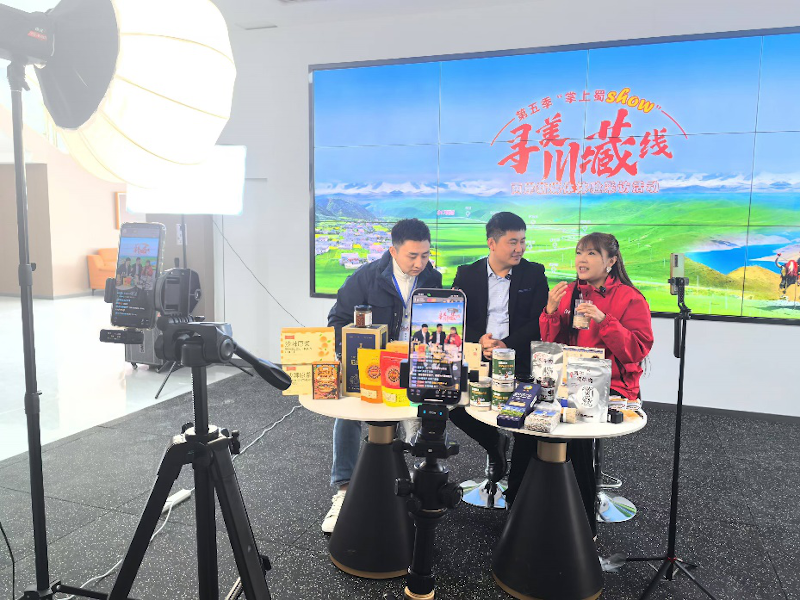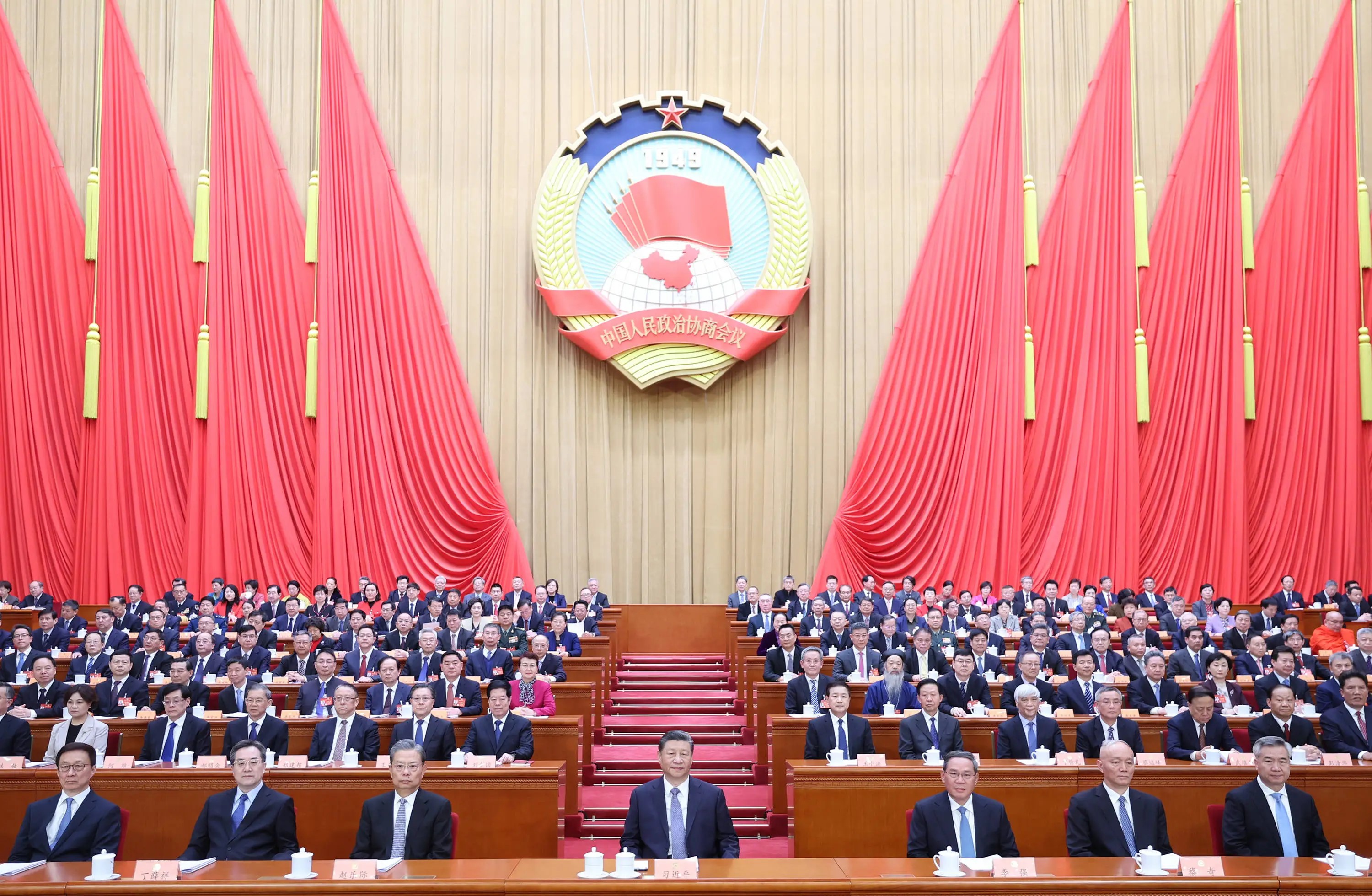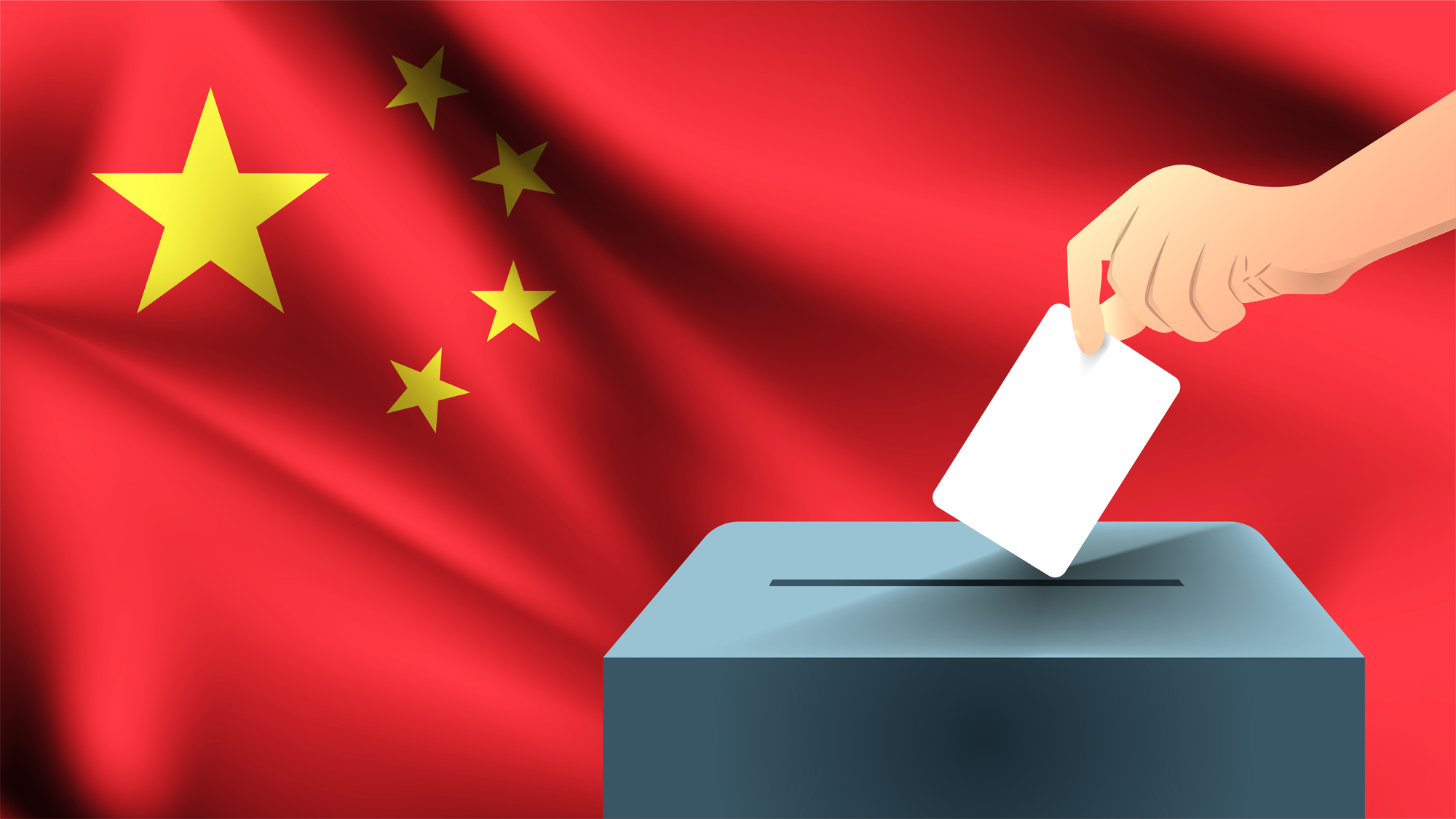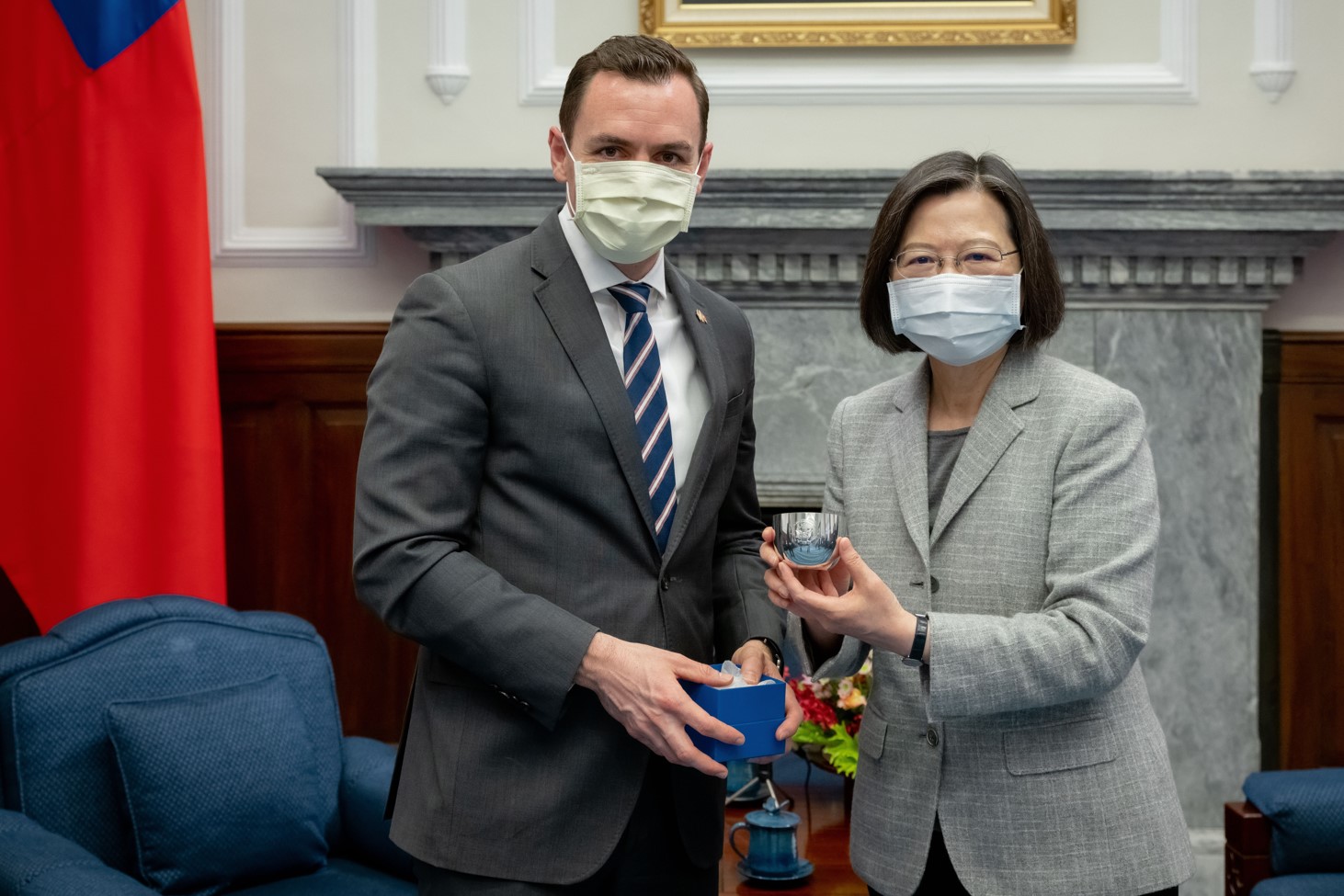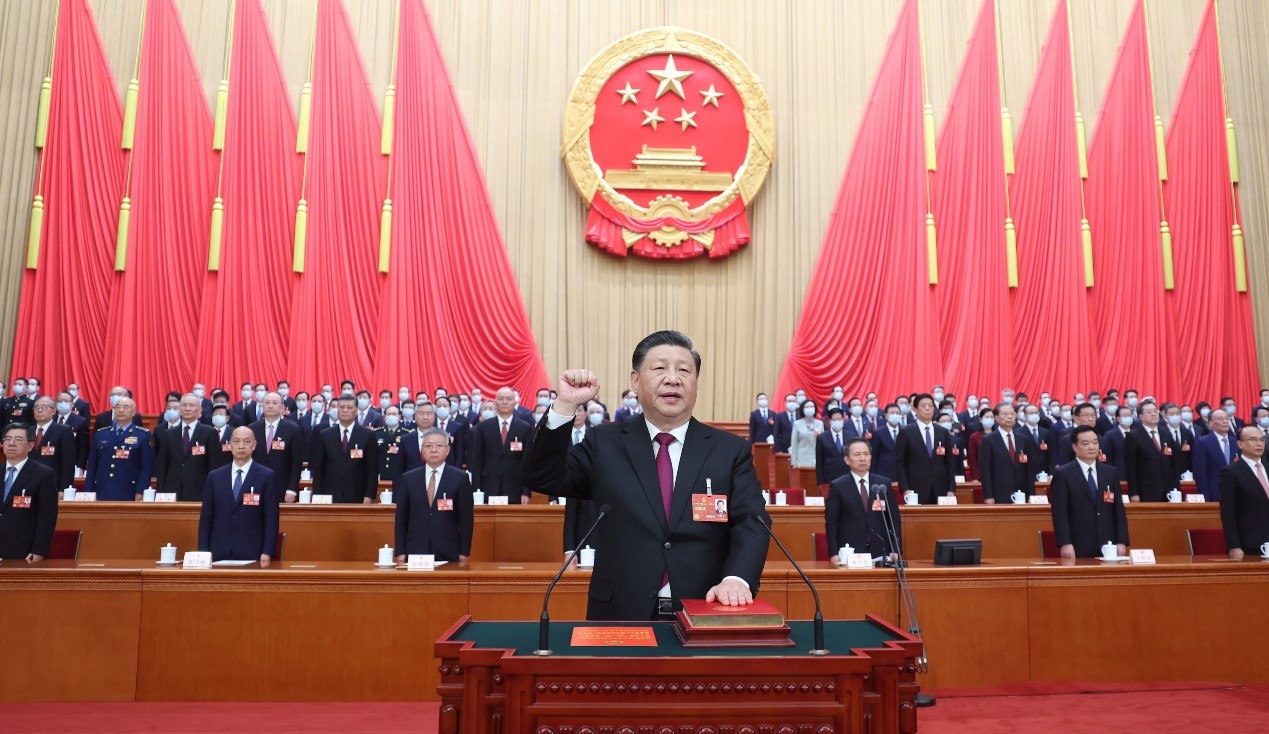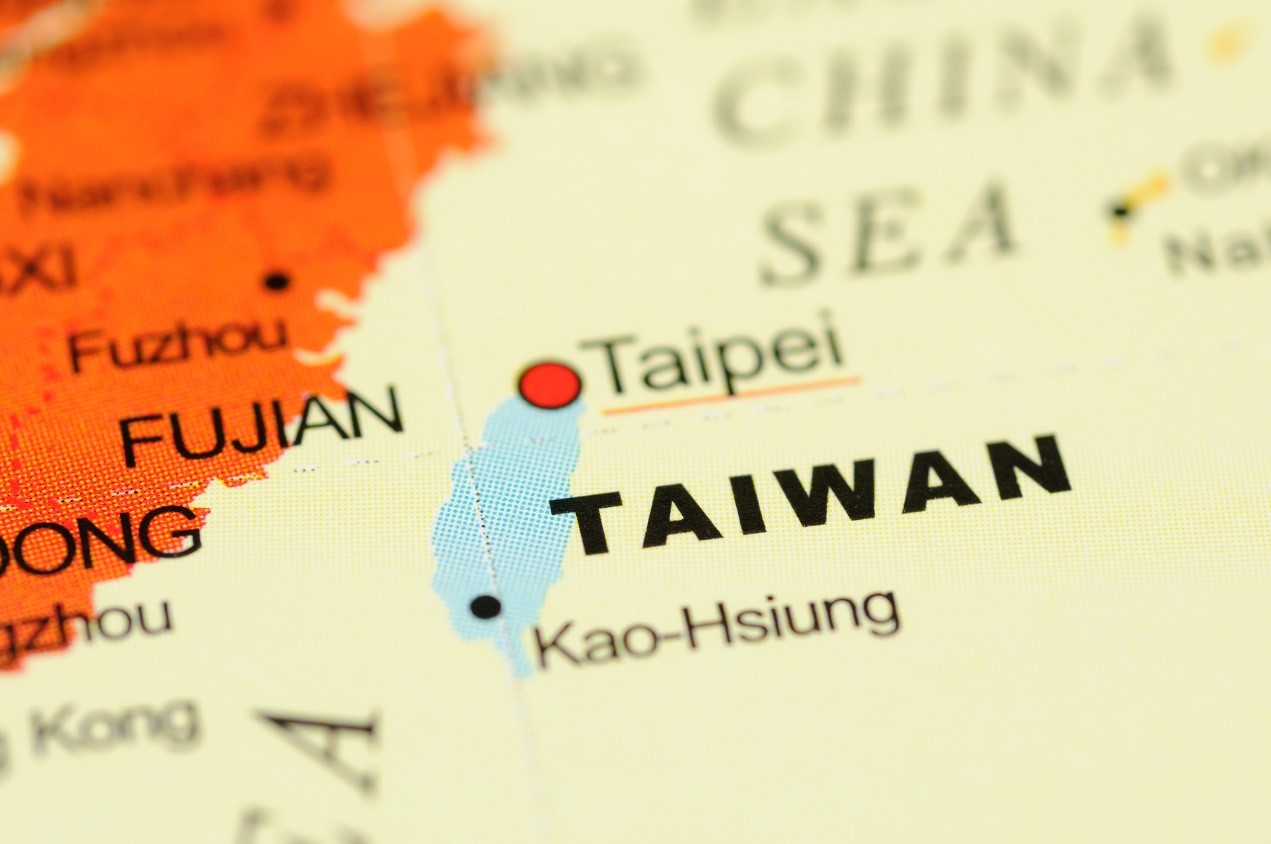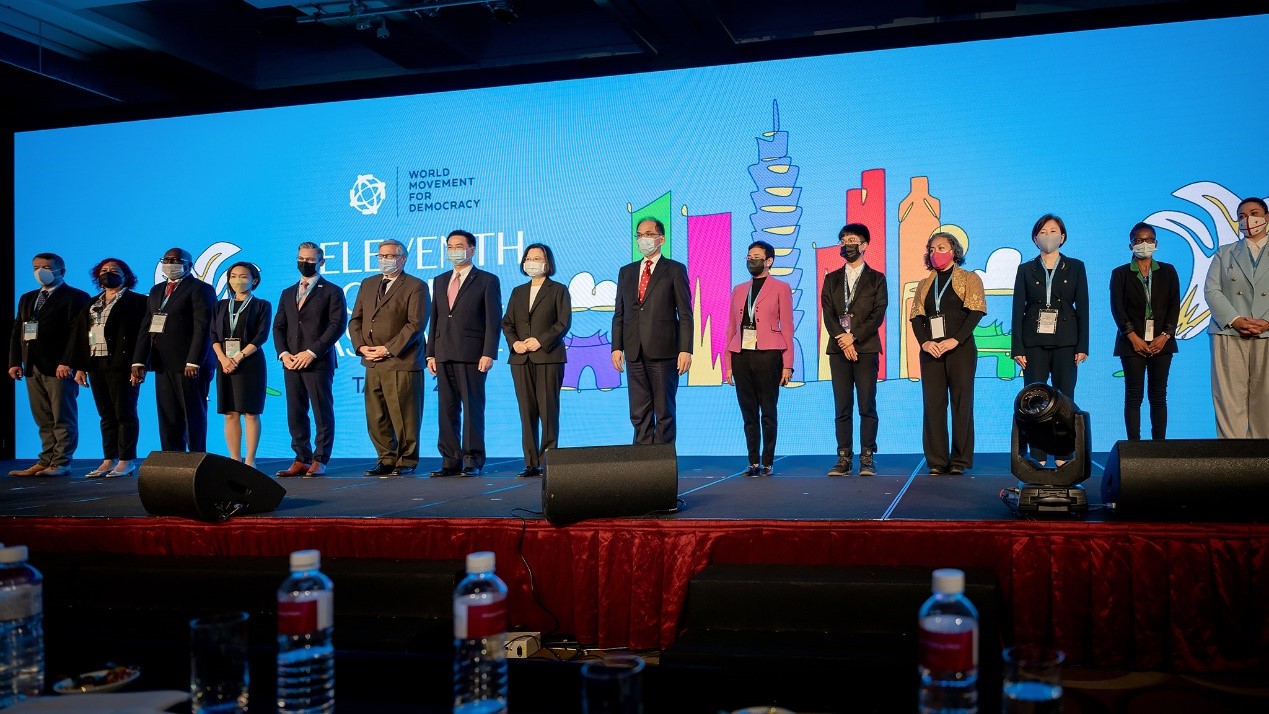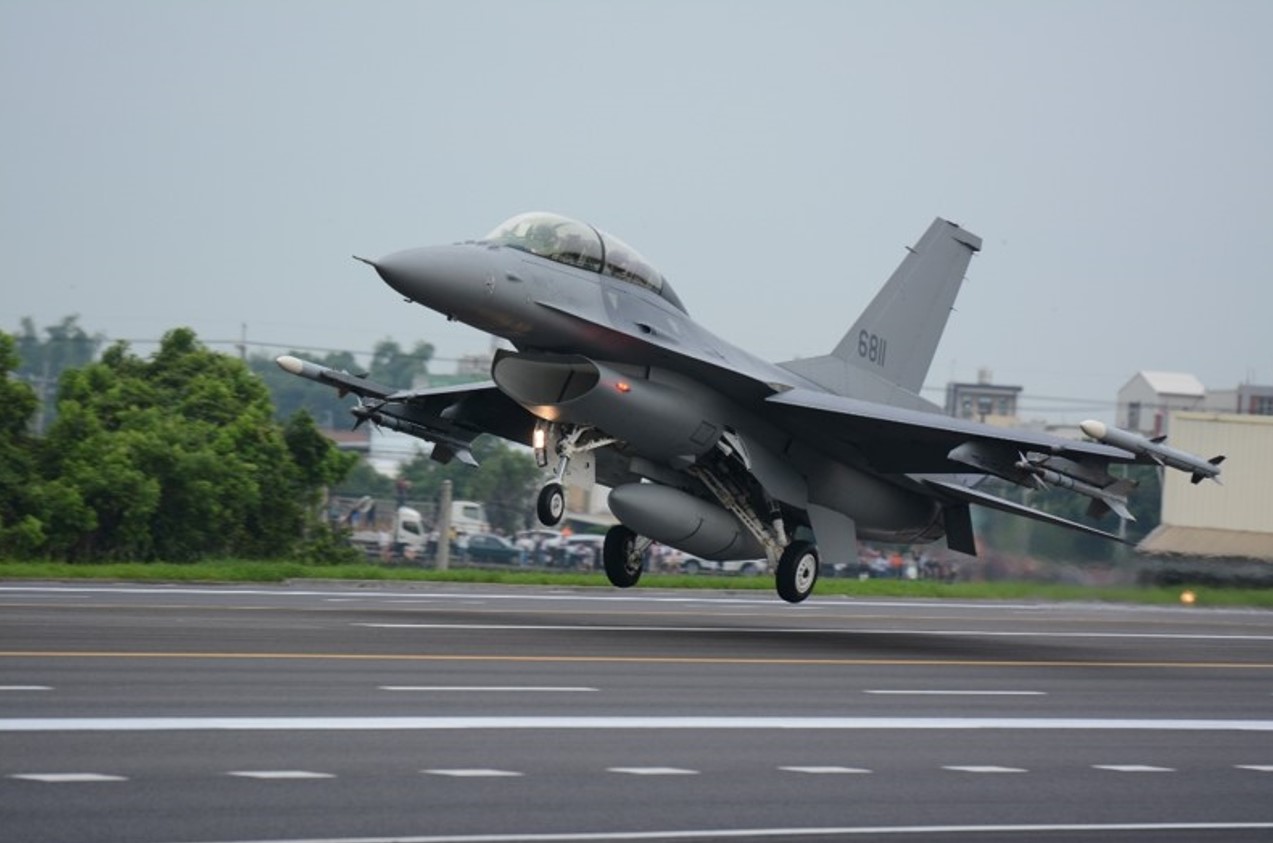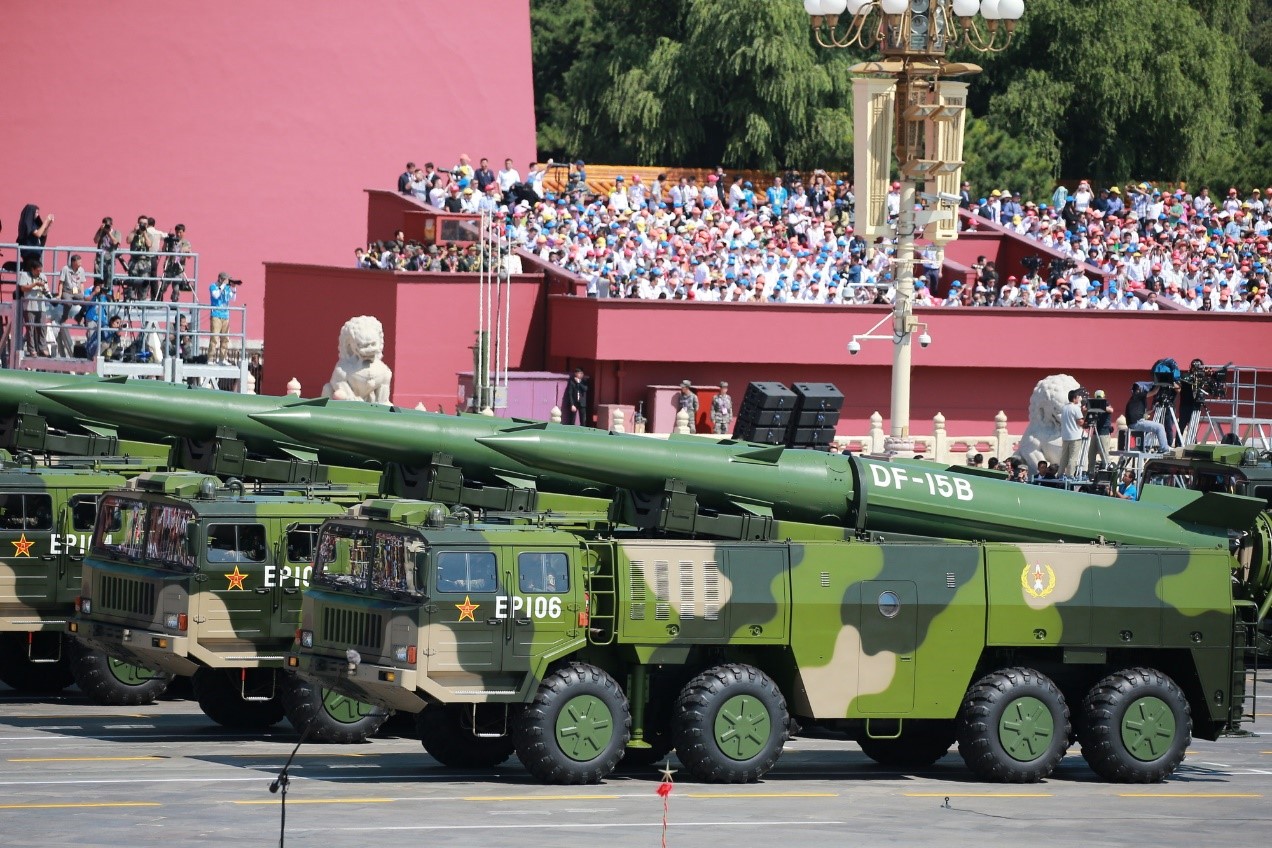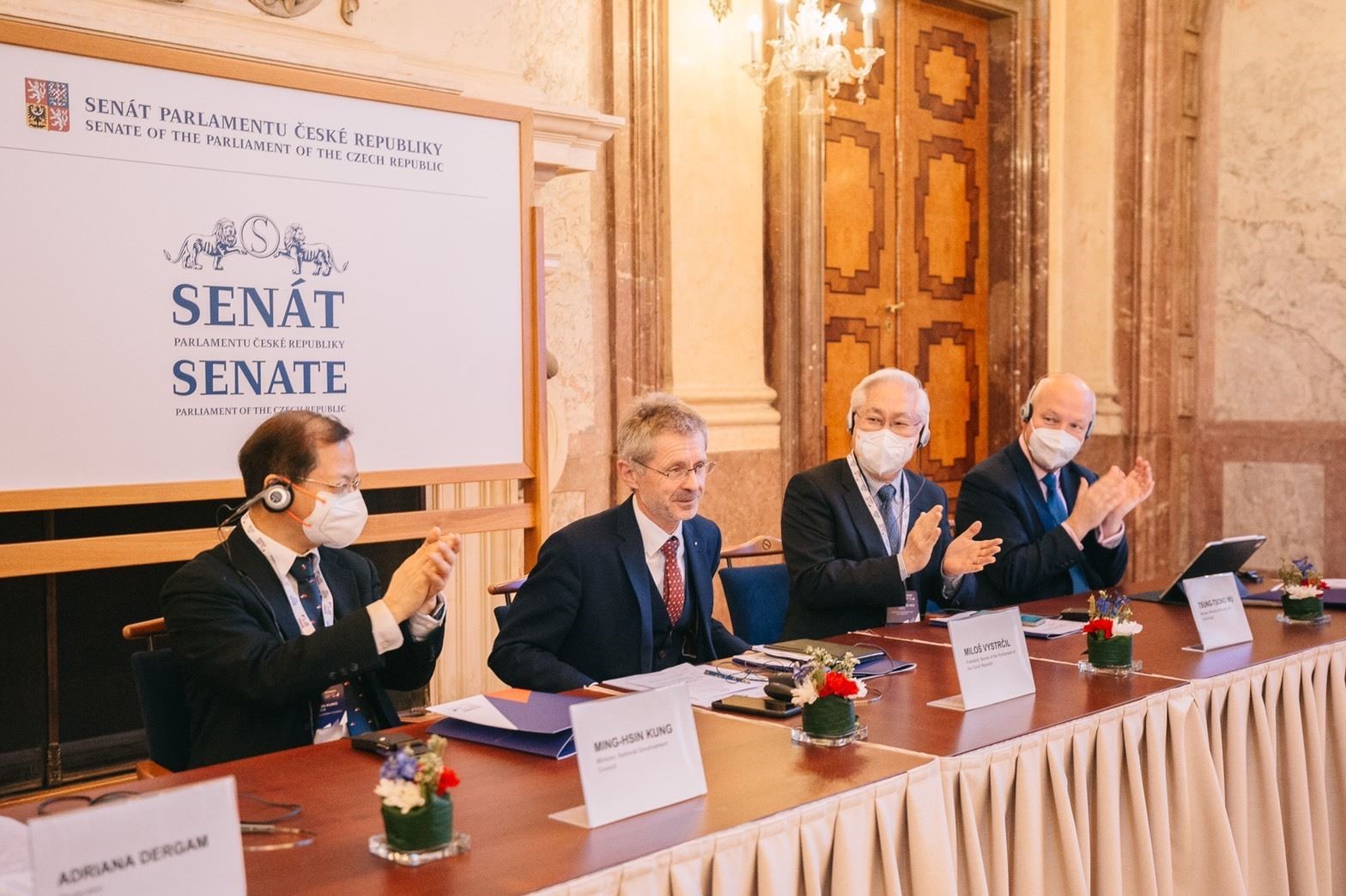CCP Cognitive Warfare During the Russia-Ukraine Conflict: Influencing Taiwanese Support for National Defense
Some of the disinformation that has been disseminated as the Russia-Ukraine conflict rages has been echoed within Taiwanese society. The CCP uses “telling bad stories about Taiwan/democracy” to change people’s perceptions. The ultimate goal of the CCP is to convince the public that authoritarianism is better than democracy. Picture source: Depositphotos.
Prospects & Perspectives 2022 No. 23
CCP Cognitive Warfare During the Russia-Ukraine Conflict: Influencing Taiwanese Support for National Defense
By Wen-cheng Fu
April 15, 2022
Some significant research institutes, such France’s Institut de Recherche Stratégique de l’Ecole Militaire (IRSEM) and the Center for Strategic and International Studies (CSIS), have warned that Taiwanese society is the target of cognitive warfare from the People’s Republic of China (PRC), and that such efforts have intensified during the Russia-Ukraine war. Additionally, units of Taiwan’s central government, including the Executive Yuan, have indicated that disinformation spread by specific foreign regimes seek to unduly influence trust in political institutions and election results. Disinformation disseminated on vital social media through bot accounts and the coordination of information manipulation to create fake perceptions of public opinion are recognized as cognitive warfare. Those efforts aim to undermine the value of democracy among the Taiwanese.
Some of the disinformation that has been disseminated as the Russia-Ukraine conflict rages has been echoed within Taiwanese society. One instance of fake news declared that The PRC would invade Taiwan in the fall and that Taiwan would not receive any assistance from its allies. The source of this fake news used “Today Ukraine, tomorrow Taiwan” as its slogan. Fact-checking centers in Taiwan found that this document had originally appeared on Weibo, one of the largest online forums in China. According to fact-checking reports, the Chinese Communist Party (CCP) deliberately disseminates fake news through local collaborators (TV political commentators and influencers, such as specific Facebook fan pages) to penetrate Taiwanese society. The CCP uses “telling bad stories about Taiwan/democracy” to change people’s perceptions. The ultimate goal of the CCP is to convince the public that authoritarianism is better than democracy.
Cognitive warfare takes advantage of the weakness of democracy; that is, public opinion is easily influenced by the media. Basic human rights, such as freedom of speech, are considered the foundation of a democratic nation. Through propaganda mechanisms, cognitive warfare can be waged at lower cost than military force but can yield greater benefits that shake public morale. For example, several disinformation themes related to COVID-19, such as “The American flu is more deadly than Wuhan pneumonia,” “The United States spread the virus through the Wuhan Military Games,” and “The American flu is the Wuhan pneumonia.” In March, Zhao Lijian, a spokesman for the Chinese Ministry of Foreign Affairs, combined the above themes into an official statement posted on his official Twitter account. Zhao alleged that COVID-19 came from the United States, and that the U.S. military had brought the virus to Wuhan. Because of this, the CCP argues that the United States should bear the greater responsibility for the pandemic. The CCP also relies on official media it controls, such as the Global Times, to disseminate disinformation. It also counts on local collaborators in Taiwan to accentuate the messaging.
Looking into how the CCP manipulates information, one can see that the party relies on citations from the research results of unreviewed papers as well as the misinterpretation of authoritative statements. The content of the latter type of information seems to be well-founded. However, it is intentionally distorted, primarily when ordinary people rely on experts and authorities to obtain information about the pandemic or the status of the war in Ukraine. Therefore, if people are not sufficiently independent of thought or do not have enough media literacy, they can be easily influenced by media and fall into the trap of cognitive war. In terms of the influence of social media, the greatest threat to democracy comes from the nature of the Internet and the nature of democracy. The high speed and massive volume of Internet information make information flow everywhere, resulting in misleading information and hate speech. In the past, extremists found it difficult to share their views, but today they can easily find echo chambers on the Internet. A democratic country and online platforms will result in various kinds of public opinions. As a result, public trust in the government can be shaken.
The CCP has honed its ability to manipulate information for many years. Its infiltration methods are diverse and changeable. For example, the strategy of attracting interpersonal networks has changed over time. Their target features include various Taiwanese experts and scholars, political figures, public figures, and influencers. Additionally, they also recruit the leaders of palaces and temples that have influenced the local population. These people whom the CCP attracts may play the role of opinion leaders on China-related issues. They will be turned into amplifiers for the CCP’s manipulated information. Once false information spreads through the interpersonal networks of local collaborators, more people will be affected. For example, in the “Chinese Kansai evacuation” disinformation incident, local collaborators spread negative emotions on political talk shows, and domestic public opinion rapidly snowballed, which in turn caused a Taiwanese diplomat to commit suicide. In this and many other cases, local collaborators played a critical role in the process of information manipulation.
With Russia’s attack on Ukraine, the CCP has also increased the strength and scope of its cognitive warfare against Taiwan. For example, it has emphasized that the United States lacks will and ability, and would therefore abandon its commitments to defending Taiwan. This campaign also claims that the Taiwanese military is not appropriately trained and would quickly be defeated. With the continuation of the Russian-Ukrainian war, the CCP’s cognitive warfare operations against Taiwan have intensified, and the issues have grown more complex. The Russian-Ukrainian conflict has made the world more aware of the CCP’s goals regarding Taiwan and of the harshness with which the party is prepared to deal with Taiwan.
There are numerous means by which information can be manipulated to wage cognitive warfare. Since 2019, the CCP has kept up with the times in terms of target selection for cognitive operations, information content, narrative adjustments, presentation strategies, and distribution platforms. Consequently, improving the ability of individuals to comprehend information and encouraging citizen engagement are the best long-term solutions to prevent cognitive warfare undermining the liberal democratic system. Meng Yuhe, the spokesman for the American Institute in Taiwan, said that disinformation and cognitive warfare pose a significant threat to democracies. False information corrupts the democratic environment because it creates social divisions and reduces people’s confidence in the government. In order to face this challenge, the first step is to understand what cognitive warfare is and improve the media literacy of the Taiwanese.
In addition to incorporating media literacy into education, the media should cooperate with domestic NGOs, such as the Taiwan Fact-Checking Center and other institutions, to deeply embed digital media literacy education into the media’s daily operations. Since everyone can play an essential role in social networks and improving information literacy, we should also advocate the concept of “emotional skepticism.” In other words, we should not let the public’s intuitive emotions mislead people’s decisions on public policies because people tend to weaken their critical thinking skills when angry or fearful. If more people are aware of fake news or the effects of emotional speech, disinformation will be significantly weakened, thereby preventing cognitive warfare from undermining social stability.
(Dr. Fu is Professor, Department Head, Department of Journalism, National Defense University)


